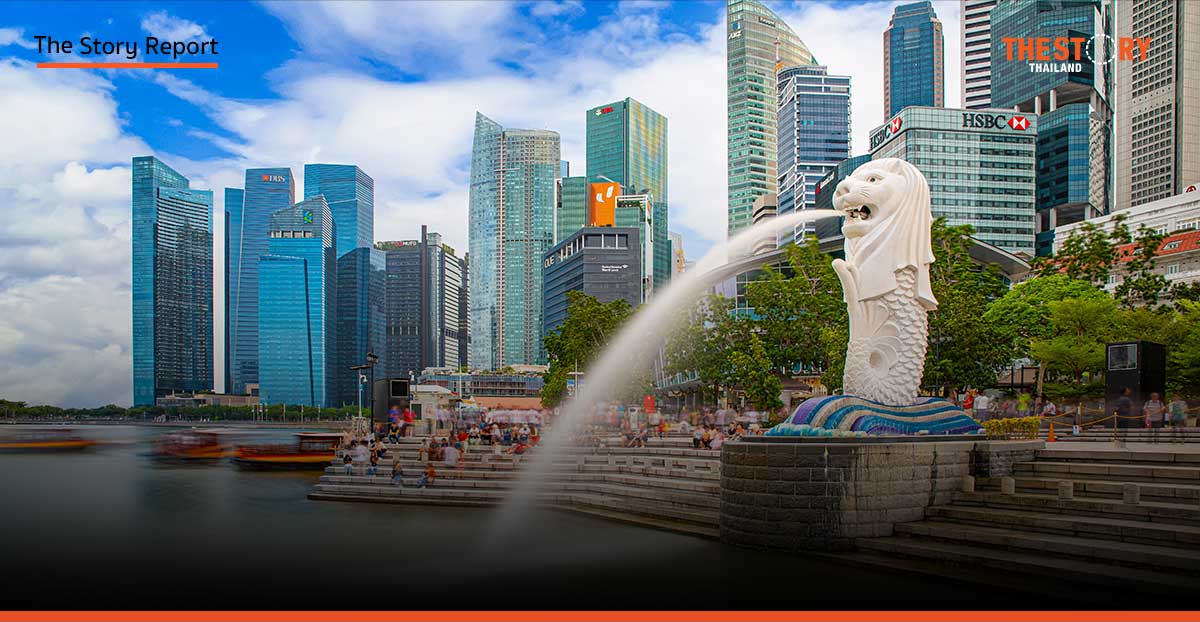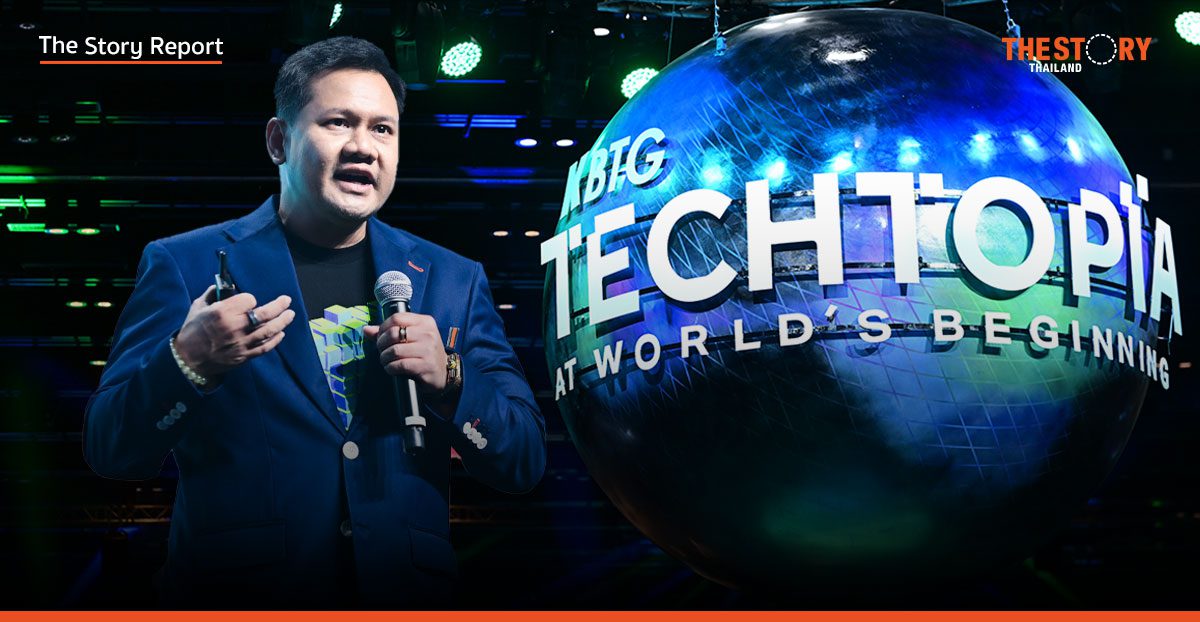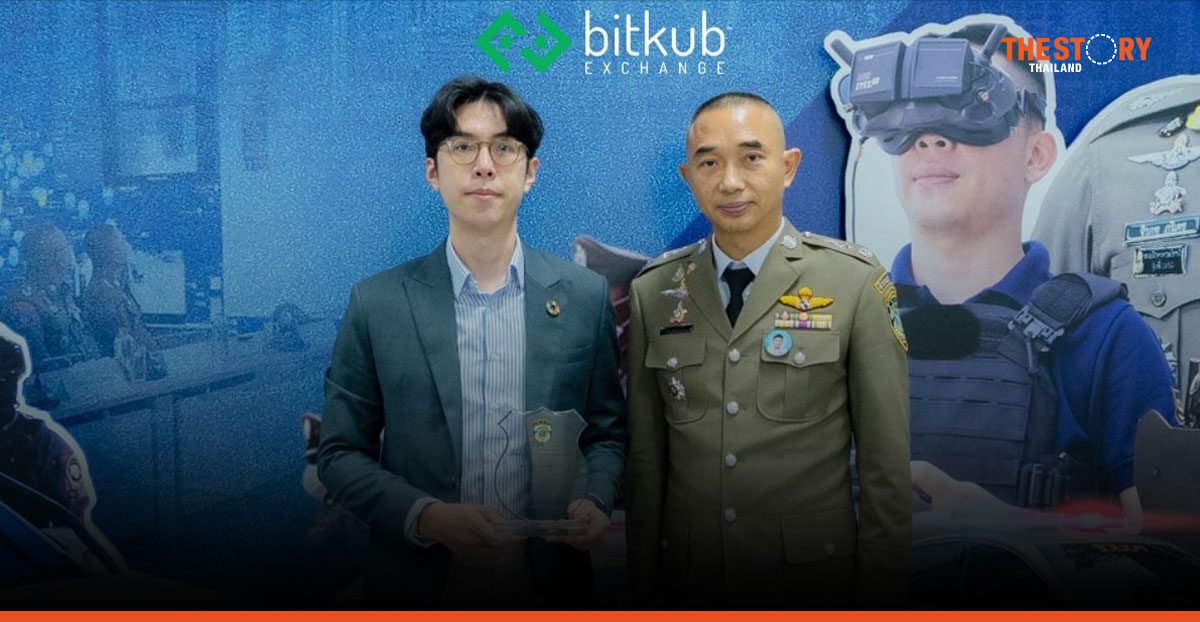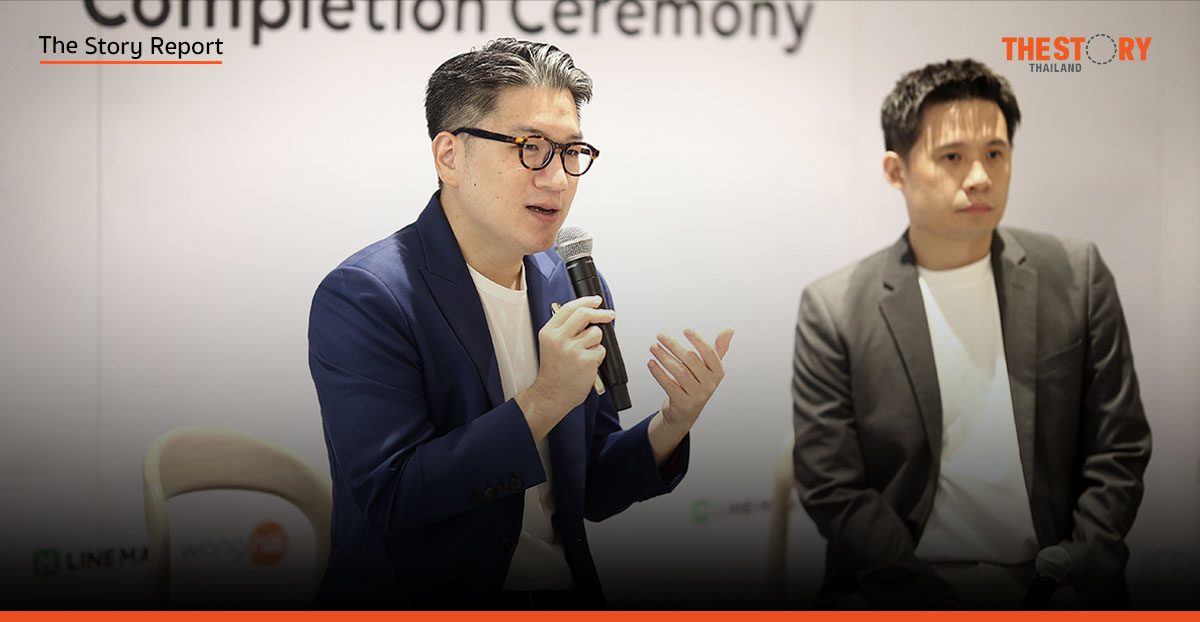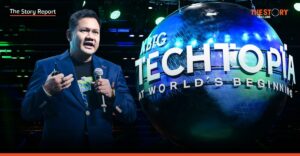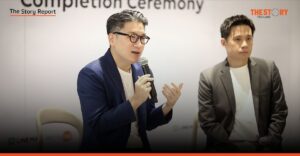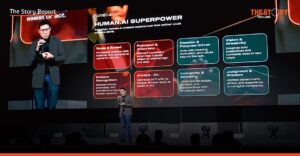Singapore has announced new initiatives to further strengthen the island state’s tech startup ecosystem.
Deputy Prime Minister Heng Swee Keat of Singapore made the announcement during his opening address at the Singapore Week of Innovation and Technology (SWITCH) 2024.
He said there was a top-up of S$440 million (11.2 billion baht) to the Startup SG Equity scheme to stimulate greater private sector investments into Singapore-based deep tech startups.
Startup SG Equity is part of Singapore’s S$28-billion (714-billion-baht) Research, Innovation and Enterprise (RIE) 2025 plan. The scheme is administered by the government agency Enterprise Singapore (EnterpriseSG) and the Singapore Economic Development Board (EDB).
Organised by EnterpriseSG and MP Singapore, SWITCH is the flagship startup event focusing on deep tech and frontier technologies. SWITCH 2024, the ninth edition of the annual event, took place from October 28-30 at the Sands Expo and Convention Centre in Singapore.
Partnerships with global VCs
Under the scheme, the Singaporean government partners private sector investors to invest in innovative Singapore-based deep tech startups that have strong potential to scale globally. The enhancement will allow Singapore to attract and partner with an expanded pool of global, prominent venture capital firms (VCs) to invest in such startups, EnterpriseSG said in a press release.
These VCs bring with them deep technical expertise, commercial knowledge and global networks to help startups bring their innovative technologies from laboratory to end markets. There is also an added focus on catalysing new innovative solutions in such areas as biotech, quantum tech, and space tech.
To support the development of deep tech startups, the co-investment cap has been increased from S$8 million to S$12 million for each startup. Through this, high-potential deep tech startups can access additional support in the early stages of their development – including to validate and commercialise their technology – and be better positioned to scale their solutions.
To date, close to S$3 billion has been invested in over 330 startups under the Startup SG Equity scheme. This includes more than S$2.5 billion in private sector funds.
“Innovation is key to securing Singapore’s future, and we need to take a multi-pronged approach to catalyse the development of new, transformative solutions that create positive impact. We must double down on efforts to grow a strong core of deep tech startups, as well as elevate our startup ecosystem to one that is globally oriented and can attract some of the world’s best talents,” said Emily Liew, EnterpriseSG’s Assistant Managing Director for Innovation. “These new initiatives are a strong signal of Singapore’s commitment towards building an innovation-driven economy, and EnterpriseSG will continue to deepen partnerships with local and global players to drive growth in this space.”
Breakthrough Energy Fellows projects
At the SWITCH 2024 event, Breakthrough Energy Fellows – Southeast Asia (BE Fellows – SEA) announced its first two projects with climate technology innovators.
One of the projects being developed is by CRecTech, which is developing a solution to produce methanol from biogas to reduce carbon emissions from the maritime industry. Currently, the industry accounts for approximately 3% of global carbon emissions, and faces challenges decarbonising due to the lack of affordable renewable fuels like bio-methanol.
With its novel catalytic process, CRecTech aims to simplify and reduce the cost of bio-methanol production to drive adoption at scale. More than 2kg of carbon dioxide would be abated for every kilogram of marine fuel oil substituted with CRecTech’s bio-methanol. At scale, this could translate to nearly a billion tonnes of maritime CO2 emissions abated.
Lincore, which has a focus on refining critical raw materials, is the other Singapore-based project selected for the BE Fellows – SEA cohort.
The World Bank estimates that 3 billion tonnes of metals and minerals will be required by 2050 to meet the needs of the global energy transition. To reduce the reliance of mining new metals and minerals, there is an urgent need to improve the recycling of existing critical materials.
Lincore seeks to address this with its electro-metallurgical refining technology. Its process extracts critical materials like lithium, nickel, cobalt and manganese from black mass (shredded recycled batteries) and produces precursor materials that can be used to manufacture new batteries.
In line with the global Fellows programme, the first cohort of Fellows from Breakthrough Energy Fellows – SEA will receive technical support, funding, and business resources to develop, validate and de-risk their technologies. Additionally, these Southeast Asia projects can tap Temasek and EnterpriseSG’s vast regional connections, resources and market insights to further expedite the development and commercialisation of their region-specific climate solutions.
The application for the next cohort of the Breakthrough Energy Fellows – SEA is now open. The next cohort will be selected in the first half of 2025 and begin the programme in September/October 2025.
The BE Fellows – SEA is the first regional hub of Breakthrough Energy’s Fellows programme. Unveiled in April by Breakthrough Energy, Temasek, and EnterpriseSG, it aims to support Southeast Asia innovators by tackling early-stage barriers to climate technology innovation in the region while also driving the commercialisation of deep-tech climate technologies.
AI solutions for industry needs
Also at SWITCH 2024, EnterpriseSG launched the inaugural Artificial Intelligence Open Innovation Challenge (AIOIC) to catalyse the development of AI-powered solutions that can address industry needs.
Five leading global corporates across the infrastructure, hospitality, security, marine and transport sectors – AECOM, ParkRoyal Collection, Safran, Seatrium and Toyota Tsusho – are participating in the AIOIC. They have issued six challenge statements to source AI solutions to raise efficiency and effectiveness while building safety into their operations.
According to Bain & Co, the global market for AI is expected to grow between 40% and 55% annually for the next three years and reach a record S$1.27 trillion (32.3 trillion baht) in 2027. This is fuelled by companies’ increasing adoption of AI technologies to boost efficiency and enable growth.
“AI holds immense potential to transform businesses and catapult their growth. But as companies put this at the forefront of their growth strategies, they must be deliberate to identify specific use-cases in order to develop or deploy effective solutions,” said Tan Boon Kim, EnterpriseSG’s Executive Director for Global Innovation Network & Innovation Ecosystem Development.
“Through our inaugural AI Open Innovation Challenge, we can accelerate the development of targeted solutions that truly meet industry needs, while also fostering win-win partnerships between corporates, and startups and innovative SMEs,” he added.
This year, the Sustainability Open Innovation Challenge (SOIC) by EnterpriseSG returns for its sixth edition to crowdsource innovative solutions that can help companies meet their sustainability ambitions.
More than S$2.5 million has been committed to the SOIC, including by 14 corporates including ACWA Power, GlobalFoundries, Goodyear Orient Company, Seatrium, Sentosa Development Corporation, and the Singapore Fashion Council. They have issued 16 challenge statements to catalyse the development of solutions in areas like sustainable materials, green buildings and agri-food and help meet their sustainability goals.
KXVC launches KX Horizon, empower early-stage AI and Web3 startups
SWITCH 2024 focuses on deep tech, AI and quantum technologies


